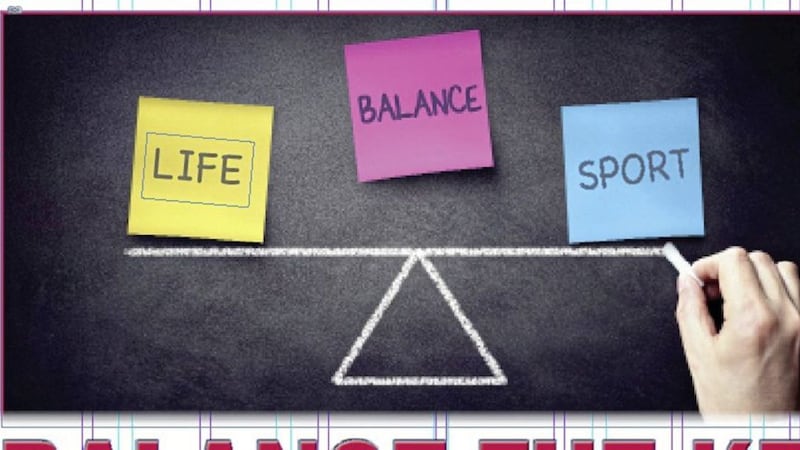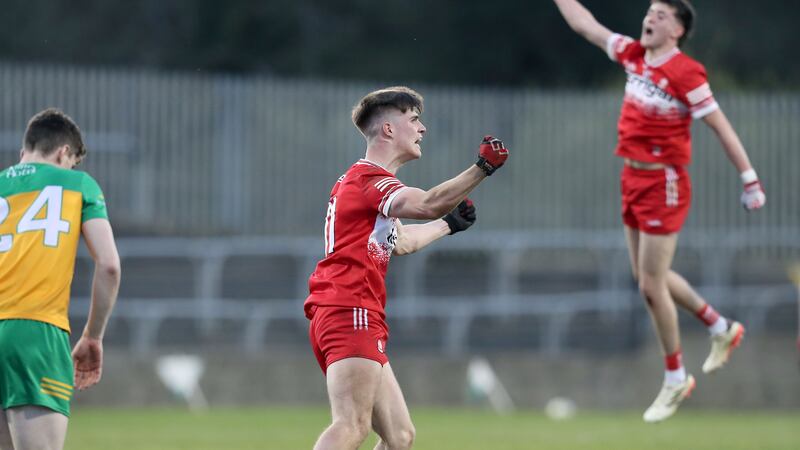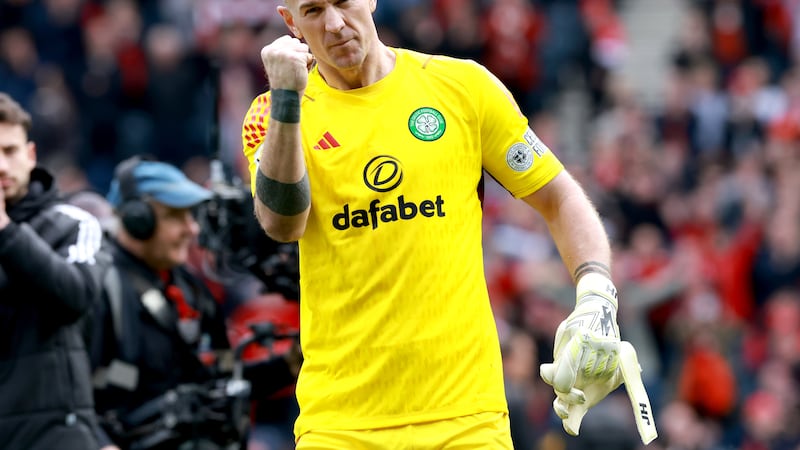INTER-county football (and hurling) demands a significant investment of time. This isn’t new. In recent years, a significant and growing voice of people interested in the game and the players have said that it is too much.
The commitment is not worth it, they will say. The enjoyment is gone from the game in general. This is not a view I share.
The commitment it takes to play at inter-county level and indeed the commitment it takes to play at senior club level may be three or four nights a week, but sure what else would we rather do?
Would we rather watch a double dose of Coronation Street and Emmerdale?
Would we rather work on the computer in the evenings, having spent all day cooped up like battery hens?
Would we rather spend the time in a gym, toiling away on an individual basis?
I have read and heard stories of total commitment at county and club level, however most club and county managers will now understand that there is an increasing emphasis to getting the balance between football and life right.
Fundamentally, successful managers will understand that for players to succeed, they will need to enjoy themselves. Players enjoy themselves most when they win. The winning is important, this will never change.
As a child, you see a kid’s reaction to winning as hugely important. Why should it be any different as an adult?
Having experienced both playing and managing (in a short capacity), I have come to the conclusion that players want and now crave enjoyment in playing and committing to football (or hurling). Obviously, you need to be well organised when you prepare a team as a manager, make it varied and deliver any communication constructively.
Where I think Jose Mourinho finds himself currently is as yesterday’s man, lost in the modern game with the modern player not responding to either direct or indirect verbal abuse.
Implied or other forms of criticism will result in players ‘downing tools’ or walking away altogether.
Whether they are paid millions or not, at this level, it isn’t about the money. The game remains an emotive, intrinsic feeling one gets from the player experience.
Unfortunately, knuckling down and proving a manager’s opinion wrong is rarely an option pursued nowadays.
My fellow columnist Enda McGinley was right in this regard last week when praising Jurgen Klopp and his management style.
I think Klopp’s style has merit in all sports, especially in the GAA, for the very reason that it remains an amateur game.
Some very talented players do not have the stomach or desire to participate in sports that are too demanding, pressurised and abusive. As a manager or coach, we have to appeal to a player’s desire to win (that intrinsic feeling) at almost any cost to themselves and others.
The caveat, though, is that this should not be to the extent that they feel there is no social life, no family and friends’ time, no rest and relaxation and no down-time.
As a player, this was my failing during my playing career.
I had nothing else other than football, partly because I didn’t want anything else other than football dominating and taking precedence in my life.
I felt that if I wasn’t thinking and preparing 24/7 for the game, my standards would slip.
The daily goals were small. Be the best in training. Be the best player in a match.
The wider goals were much greater. Win championships, matches and medals.
I believe that all players, no matter the level and whether they care to admit it or not, always want to win.
The competition against someone or something will always drive an intrinsic natural feeling of accomplishment. That ‘endorphin rush’. That is what makes sport, well, sport. The part of it which can’t be bought or sold.
It is the reason why people have taken huge personal risks to, say, climb Mount Everest – which I want to do by the way – and have died in the process. And the harder it is, the greater the internal reward.
They say that sport doesn’t make character; it reveals it. I can relate to this.
The psychologist is someone who has become as important within a management team as the coach.
The conscious decision of players to walk away from county squads and club teams is driving talent out of the game.
And yes, it may be down to the modern football style, but I suspect that it is the lack of enjoyment most of all (the psychologist is helping with this now) and if the ‘mind men’ can help arrest these trends, why should every club in the country not have one available to them – perhaps funded by Croke Park?
So we, as current players, team-mates, coaches, managers, need to step back from this all-or-nothing mentality towards playing football (or hurling). And the most obvious word here is ‘balance’.
Getting the balance right at any level of participation is the key.
Sport, particularly football, has a great way of chewing you up and spitting you right back out.
As kids, it’s important that children win; equally important is that they lose.
Building a stronger mentality that life isn’t a bed or roses will allow them to build perspective. It will go a long way to helping develop better mental health.
And even in my declining playing days, I am an unapologetic, borderline abusive, nightmare team-mate who probably wants to win too much at times.
At this stage of playing, I cannot change my thinking.
However, if I had to advise a younger me or equivalent, I would advise inter-county players – in fact all players – to enjoy their life outside of the game.
Taking a winning approach to the game does not mean that life has to be so inflexible. You can be totally committed without giving up everything else.
It takes time management, yes, but it can be the difference between good mental and physical health and this goal of enjoying your time playing football at whatever level you play. It requires a change in mentality, a change in approach.
It is about winning. But not at all costs.








